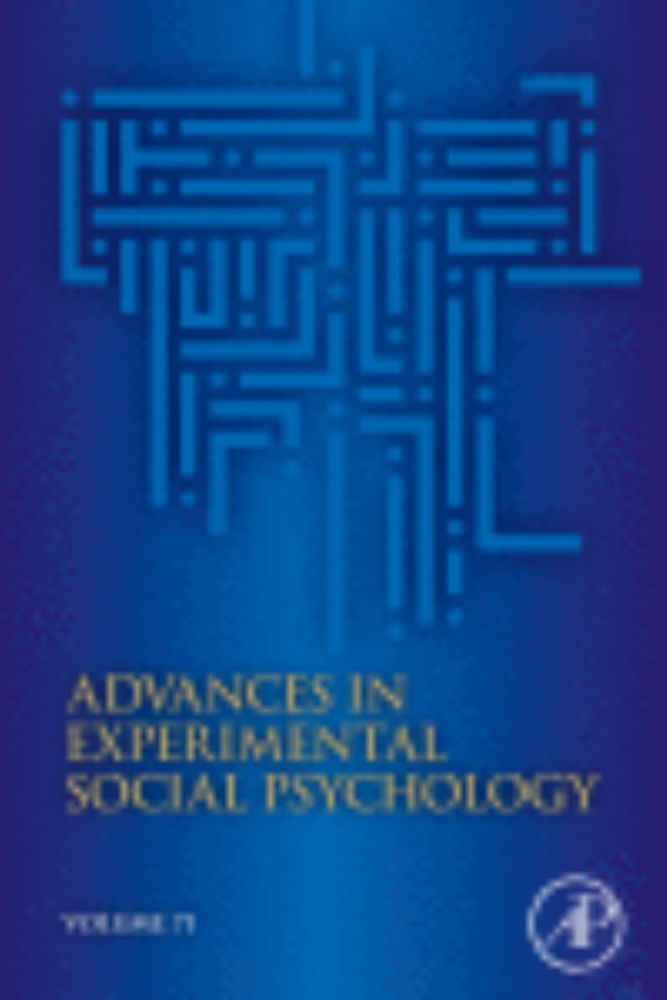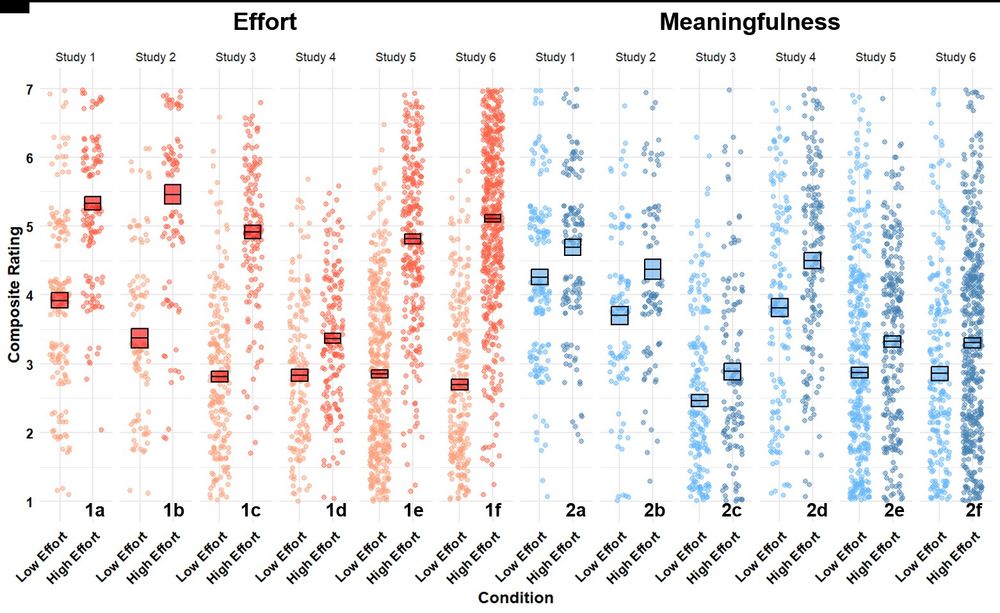Aidan Campbell
@aidanvcampbell.bsky.social
68 followers
18 following
14 posts
Psychology PhD student at University of Toronto interested in:
effort | self-control | wellbeing
Posts
Media
Videos
Starter Packs
Reposted by Aidan Campbell
Reposted by Aidan Campbell
Reposted by Aidan Campbell
Reposted by Aidan Campbell
Reposted by Aidan Campbell









